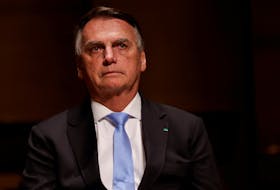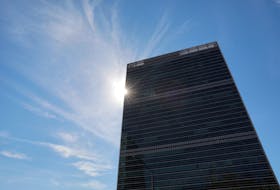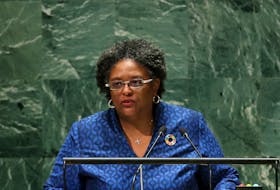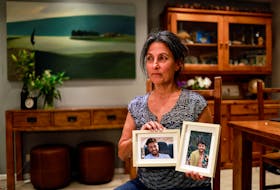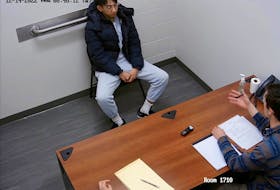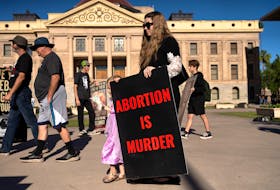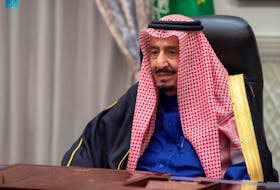TBILISI (Reuters) - Georgia's former prime minister Vano Merabishvili said on Thursday after release from prison that he would return to active politics and fight against the current government.
Merabishvili, who was arrested in 2013, served six years and nine months in prison after being convicted of abuse of power, misspending funds and other crimes, charges he denied as politically motivated.
He served as prime minister for less than four months in 2012 under Georgia's then-president, Mikheil Saakashvili, until their United National Movement (UNM) lost a parliamentary election to the Georgian Dream coalition led by the ex-Soviet country's richest man Bidzina Ivanishvili.
"I retained strength, energy, hope, faith to continue the struggle in order to remove this regime this year," Merabishvili told reporters after release.
"I give you a guarantee that in a year this government will be finished."
Merabishvili was greeted by dozens of supporters outside the prison in the capital Tbilisi.
One of the most influential politicians in the former government, Merabishvili said he was "glad that he had not compromised with his own conscience during years in a solitary confinement in prison."
Dozens of ex-officials have been arrested on charges such as abuse of power and corruption since Georgian Dream came to power in 2012. Opposition politicians claim the government is carrying out a witch-hunt against its foes.
Several criminal cases have been opened and arrests have been made again recently against opposition leaders amid mass protests against the government and Ivanishvili.
Protests began last summer and look set to continue until a parliamentary election this autumn.
Western countries have expressed concerns that the government of the South Caucasus country of 3.7 million people has used selective justice to persecute political opponents, an allegation that officials deny.
(Reporting by Margarita Antidze; Editing by Christina Fincher)

